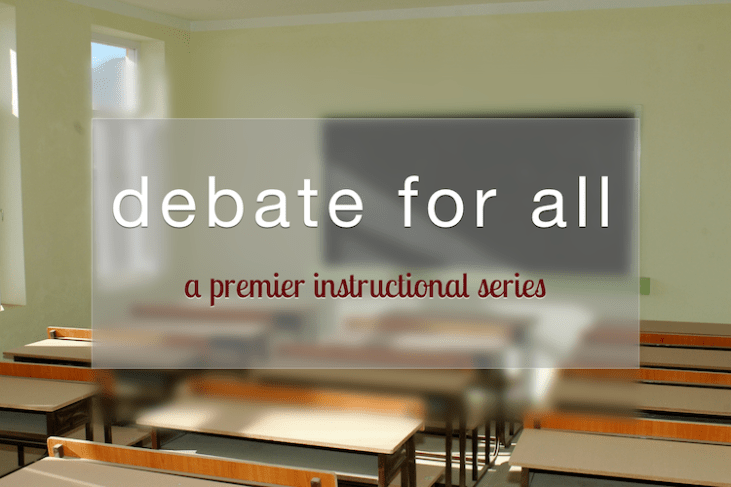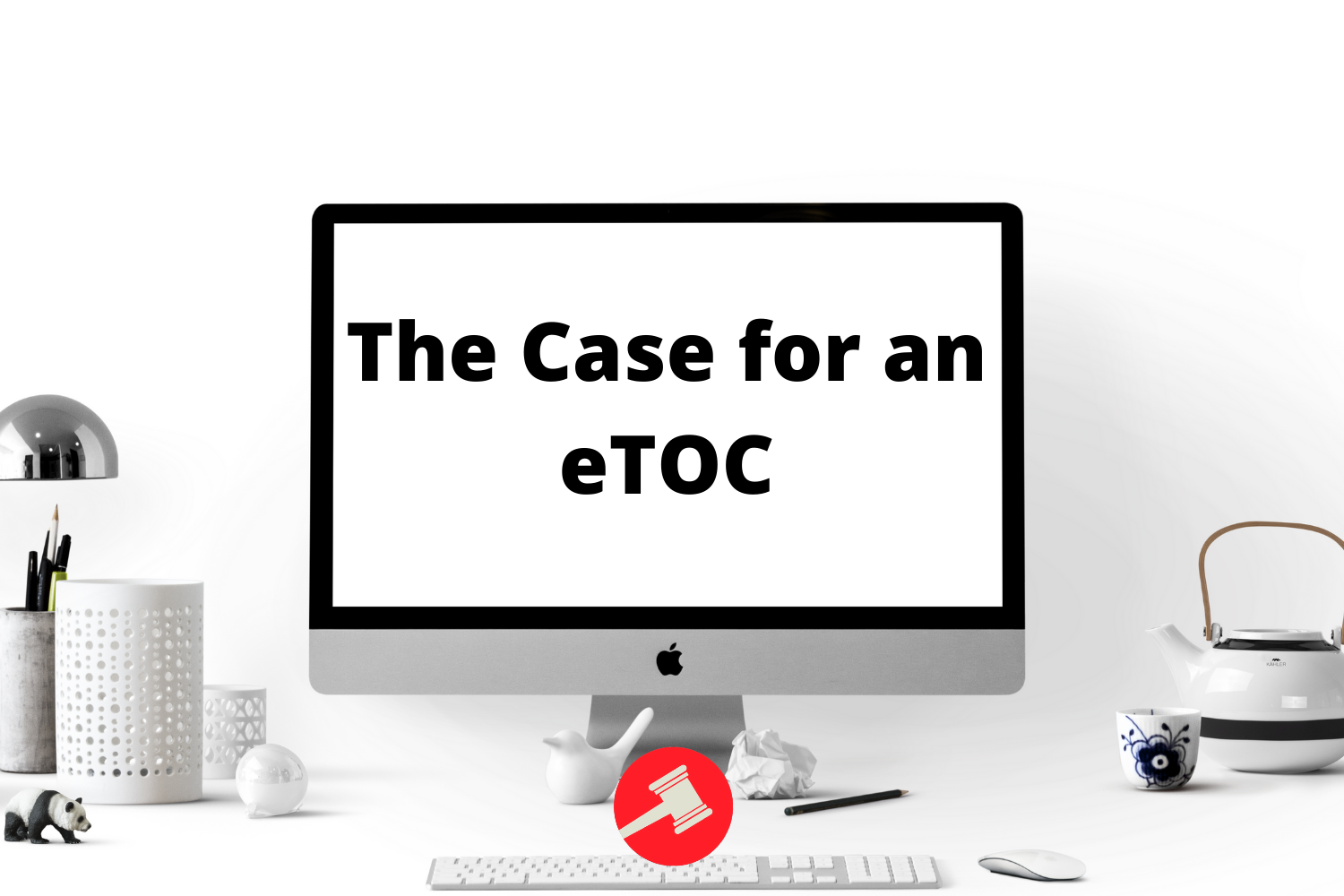5 Tips for Writing an Effective Plan

Introduction
More articles have been written about the merits of plans than I could ever hope to provide a reference to here. From their educational benefits to their strategic value, the utility of plans has been discussed ad nauseam. But little attention is paid to how to write a good plan. Often it feels like most debaters today cut plans simply to avoid common dis-ads or to be able to break new 5 rounds in a row. But plans can, and should, be so much more! So here are my suggestions for writing a good plan that will carry you into deep out-rounds.
1 – Your first idea is rarely your best
Often debaters will cut the first plan with decent advantages they come across. While these plans are often sufficient at early tournaments and are an important way to test the topic, they rarely are the most strategic or effective plans out there. Unless you are incredibly confident in your plan choice, I recommend that you continue to do research and develop other potential plans up until the final tournament of a topic. A good plan with a few frontlines is better than a half-baked plan with 30 pages explaining why even if it seems half-baked, it’s really a good idea. For example, on this topic debaters should keep tabs on countries or policies that come up over and over again in the literature. Perhaps something that doesn’t look promising at first might become a better option as you learn more about the topic and see what other teams are reading. Keeping up with the news in a particular region is another way to get ideas for innovating. And sometimes you just get lucky, so be open to change as the topic wears on.
2 – Consider negative trends
The two most important questions when writing a plan are the following:
A. What is the most common negative position/argument?
B. What is the best negative position/argument?
While you might think that the answer to these questions would be the same, often un-strategic arguments are much more common than they have any right to be–but you should still be ready for them. Answer both of these questions and make sure your affirmative strategy is ready to deal with both. Extra credit if you do the top three or four for each question! On this topic, for instance, writing a plan that intuitively answers the ultra-common fill-in/shift dis-ad would be far more strategic than contriving complicated ways your existing plan may not link, or has some link defense.
3 – Impact/FW flexibility is a virtue
One strategy that I see criminally underutilized is to cut different impact scenarios/advantages for a plan and combine that with different frameworks. This allows you to have the flexibility of multiple affirmatives, while still knowing the details of your plan inside and out. Even just having multiple util impact scenarios that you can swap out can help you hedge against advantage counterplans and impact turns (two of the most effective strategies for answering plans ). For example, reading your Saudi Arabia Yemen War advantage with a Scanlon or virtue framework could drastically change the character of a round, and catch an opponent off guard.
4 – Create a modular AC speech doc
One problem I see with a lot of people reading plans is that they read the exact same AC speech doc regardless of who they’re debating or who the judge is. Flexibility is an asset. When I was reading a plan against a K debater, I would often trim down the framework justifications and/or theory pre-empts to fit in cards justifying policymaking or pre-empting pessimism. Against a phil debater, I would beef up my framework justifications. Sometimes I’d even read one advantage instead of two and use that extra time to adapt to either my opponent’s expected strategy or my judge’s preference. While you can do this pre-round, having several of these modular speeches ready before the tournament can free up your pre-round prep for more valuable uses.
5 – Keep updating your evidence
Even once you cut the best plan that you think you will find, keep cutting evidence for it. Especially on a topic that could be heavily affected by new developments (such as this one), never stop cutting evidence for your plan. New uniqueness, inherency, and solvency evidence can help keep your opponents on their toes, avoid in-depth prep outs, and make sure you don’t get caught off guard by a big news development. I would especially recommend this for Saudi Arabia plans on this topic, as the current legislation and discussion around that is moving very quickly, and nothing is more awkward than finding out the President signed the plan into effect yesterday and you don’t have any inherency.


